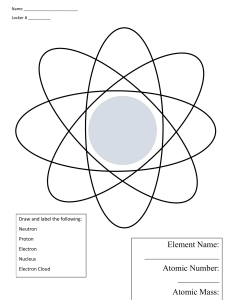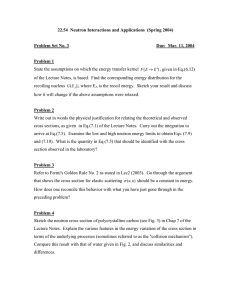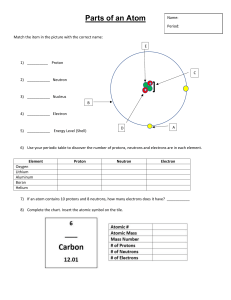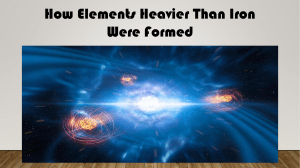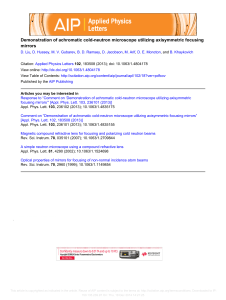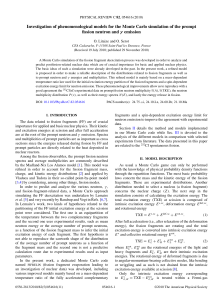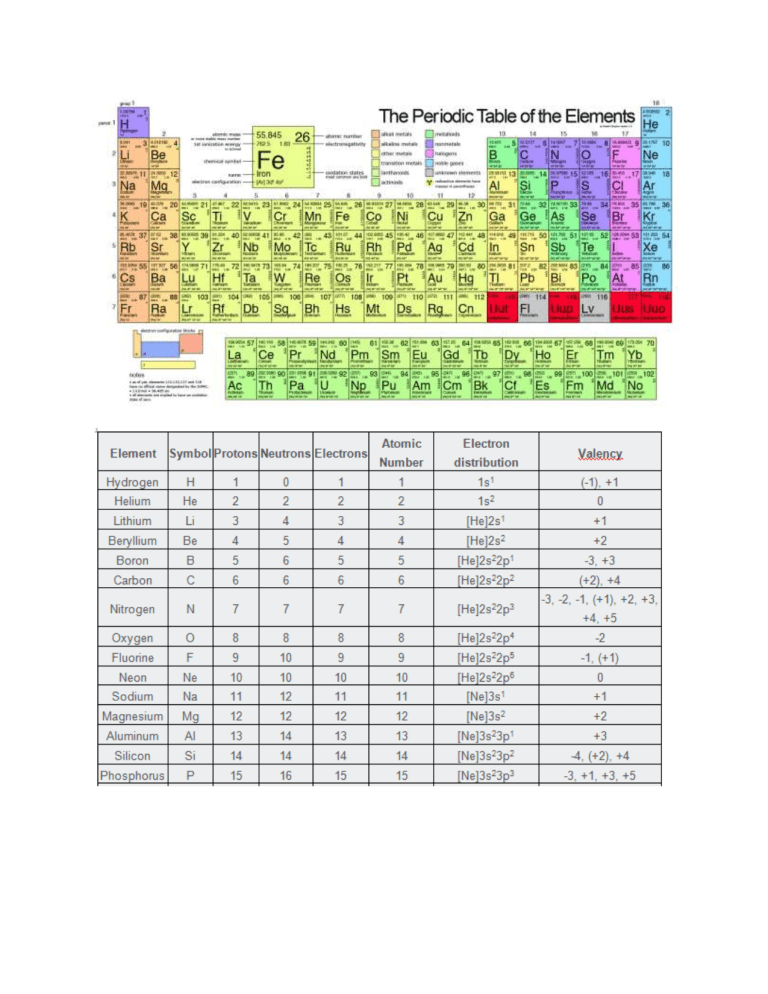
Chapter 1 Chemical Reactions and Equations 1 Chapter 2 Acids, Bases and Salts 17 Chapter 3 Metals and Non-metals 37 Chapter 4 Carbon and its Compounds 58 Chapter 5 Periodic Classification of Elements 79 Chapter 6 Life Processes 93 Chapter 7 Control and Coordination 114 Chapter 8 How do Organisms Reproduce? 127 Chapter 9 Heredity and Evolution 142 Chapter 10 Light – Reflection and Refraction 160 Chapter 11 The Human Eye and the Colourful World 187 Chapter 12 Electricity 199 Chapter 13 Magnetic Effects of Electric Current 223 Chapter 14 Sources of Energy 242 Chapter 15 Our Environment 256 Chapter 16 Sustainable Management of Natural Resources 266 proton mass = 1.67262192 × 10-27 kilograms which is 1,836 times the mass of an electron. neutron mass= 1.67493 × 10−27 kg neutron mn = mass of a neutron (1.008665 amu) me = mass of an electron (0.000548597 amu) One number you will find on all periodic tables is the atomic number for each element. This is the number of protons in the element, which defines its identity.


